
A place for stories about chronic illness, disability, mental health, and neurodivergence.
Author Interviews
-
 By Allison Stalberg Siebens
By Allison Stalberg SiebensWe spoke with Matthew Arnold Stern, author of The Remainders, about mental health, masculinity, and his future plans for his writing.
-
 By Allison Stalberg Siebens
By Allison Stalberg Siebens“While disabled authors may certainly choose to explore themes of disability in their fiction, it, by no means, should be considered obligatory.”
-
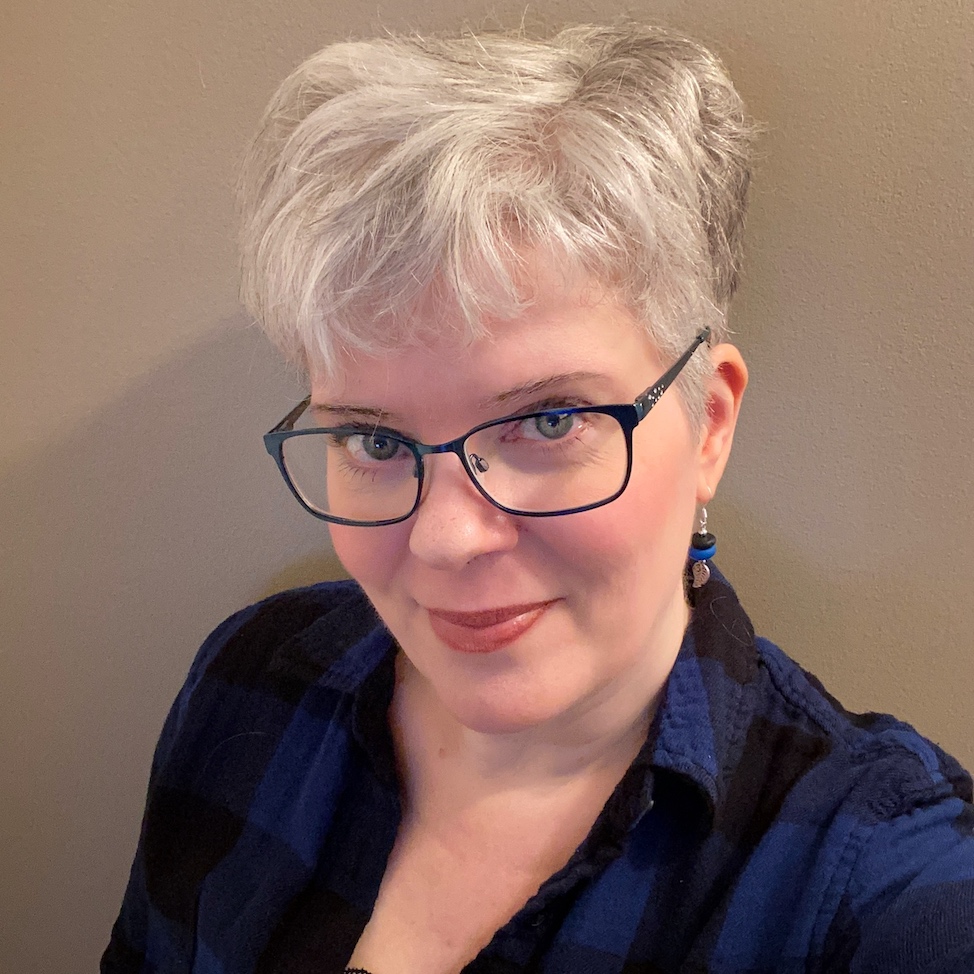 By Allison Stalberg Siebens
By Allison Stalberg SiebensFor our fiftieth post at Knee Brace Press, we interviewed the indomitable Cait Gordon, author of Iris and the Crew Tear Through Space and previous Knee Brace Press contributor.
-
 By Allison Stalberg Siebens
By Allison Stalberg SiebensWe spoke with author R. Ramey Guerrero about Dust of a Moth’s Wing, bipolar disorder and PTSD representation, and the process of writing a multi-book series.
-
 By Allison Stalberg Siebens
By Allison Stalberg Siebens“Sometimes books help us escape to fun places – like summer camp! – but sometimes, we also like to feel seen. I wanted to write a book that did both.”
-
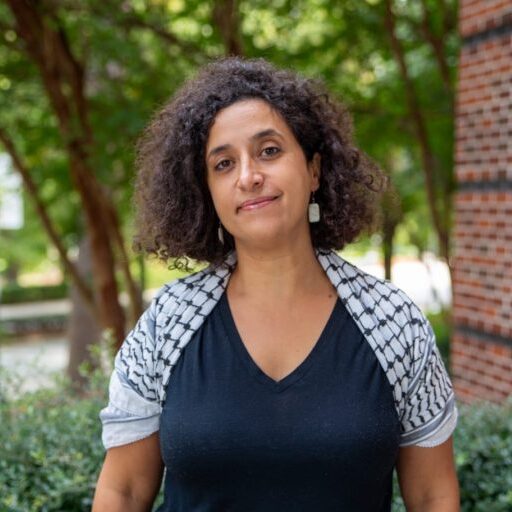 By Allison Stalberg Siebens
By Allison Stalberg SiebensWe spoke with author Diya Abdo about her book American Refuge, the impact of resettlement on the mind and body, and how to write a story with compassion and empathy.
-
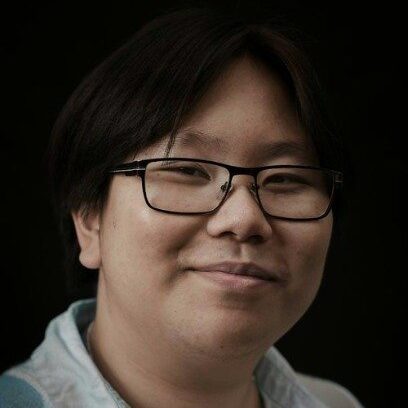 By Allison Stalberg Siebens
By Allison Stalberg SiebensWe spoke with debut novelist Quinton Li about their novel Tell Me How It Ends, writing a series, and their queer and neurodiverse cast of characters.
-
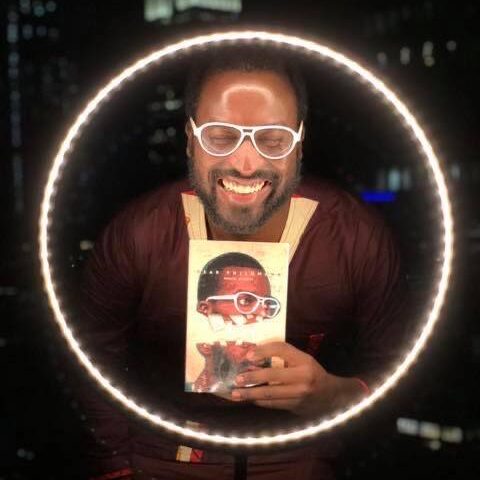 By Allison Stalberg Siebens
By Allison Stalberg SiebensMemoirist and magical realism author Mugabi Byenkya writes for themselves. Or, more accurately, the angsty, confused, Black, Ugandan-Rwandan-Nigerian, disabled, queer, polygender, and neurodivergent little human they used to be and still are.
-
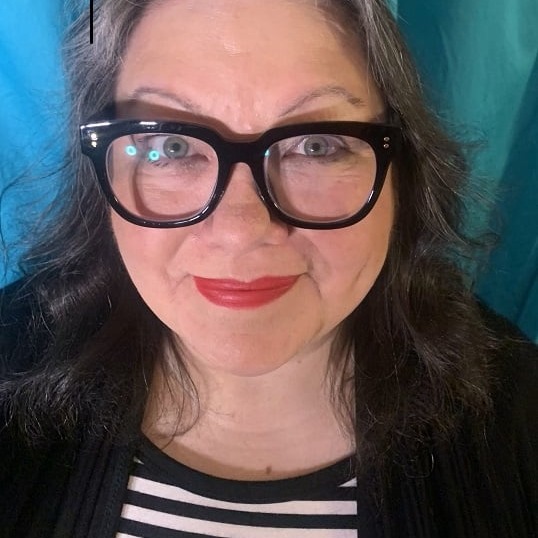 By Allison Stalberg Siebens
By Allison Stalberg SiebensIn her book of essays, Bury My Heart At Chuck E. Cheese’s, author Tiffany Midge uses humor as an act of resistance and reclamation. While humor categories in traditional publishing are dominated by white authors, it’s high time Midge take her place as one of the funniest names in satire.
-
 By Allison Stalberg Siebens
By Allison Stalberg SiebensNo one understands why eighty-three-year-old Edna Fisher is the Chosen One, but Edna, armed with only gumption and knitting needles, leaps at the chance to leave the nursing home. We spoke with author E.M. Anderson about The Remarkable Retirement of Edna Fisher, mental health and invisible illness representation, and American white pelicans.